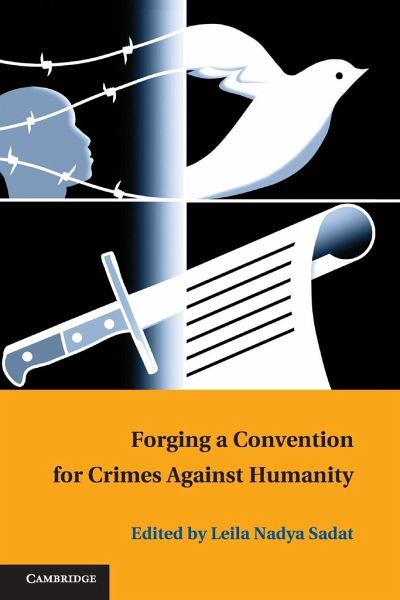
Forging a Convention for Crimes Against Humanity
Versandkostenfrei!
Versandfertig in 1-2 Wochen
62,99 €
inkl. MwSt.

PAYBACK Punkte
31 °P sammeln!
Crimes against humanity were one of the three categories of crimes elaborated in the Nuremberg Charter. However, unlike genocide and war crimes, they were never set out in a comprehensive international convention. This book represents an effort to complete the Nuremberg legacy by filling this gap. It contains a complete text of a proposed convention on crimes against humanity in English and in French, a comprehensive history of the proposed convention, and fifteen original papers written by leading experts on international criminal law. The papers contain reflections on various aspects of crim...
Crimes against humanity were one of the three categories of crimes elaborated in the Nuremberg Charter. However, unlike genocide and war crimes, they were never set out in a comprehensive international convention. This book represents an effort to complete the Nuremberg legacy by filling this gap. It contains a complete text of a proposed convention on crimes against humanity in English and in French, a comprehensive history of the proposed convention, and fifteen original papers written by leading experts on international criminal law. The papers contain reflections on various aspects of crimes against humanity, including gender crimes, universal jurisdiction, the history of codification efforts, the responsibility to protect, ethnic cleansing, peace and justice dilemmas, amnesties and immunities, the jurisprudence of the ad hoc tribunals, the definition of the crime in customary international law, the ICC definition, the architecture of international criminal justice, modes of criminal participation, crimes against humanity and terrorism, and the inter-state enforcement regime.














